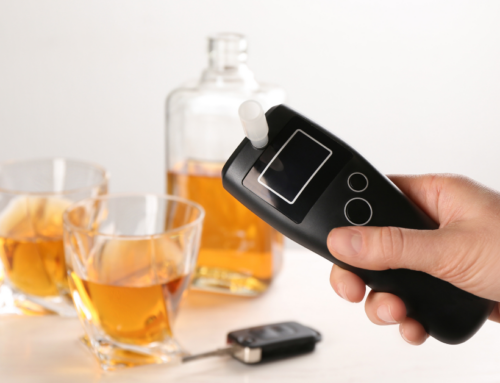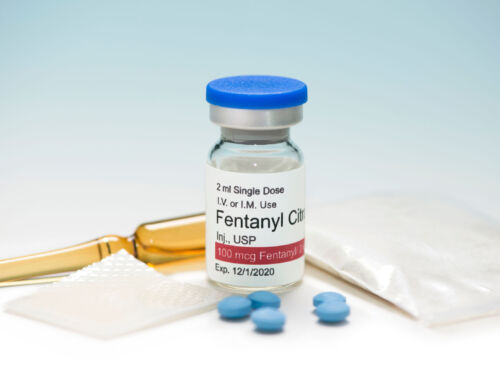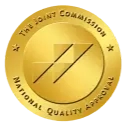
Myths about addiction may be hindering you from getting help for substance abuse. If so, you may want to dig a little deeper to explore the facts about substance abuse and addiction treatment therapies’ effectiveness. Addiction myths are often a product of culture, which has a way of bringing credibility to half-truths or outright lies.
Once you get past the myths about addiction, you may see the truth about your dependency on drugs. You may realize that you need professional help from Atlanta Detox Center and that treatment can be instrumental in your recovery.
Myth 1: Ending Your Addiction is a Matter of Willpower
This myth is an oversimplification of a complex behavioral, physical, and psychological problem. Several factors contribute to addiction:
- Mental health issues
- Unhealthy home, school, or work environment
- Genetics/DNA
- Growing up with an addiction in the family
- Childhood trauma
- Tolerance and dependency
Regardless of the factor that led to addiction, once the brain is exposed to a substance for any period, it can develop a dependency that is difficult to overcome. The dependency is chemical and psychological. Therefore, it requires more than willpower to rewire the brain’s connection to the substance. If you become addicted to drugs or alcohol, you will likely need help from a drug and alcohol detox center.
Myth 2: Prescription Drugs Are Safer Than Illicit Drugs
The current opioid and benzo epidemic in the U.S. has led to millions of overdoses, addictions, and fatalities. One reason why opioids are addictive is that people continue to use them long after the initial prescription has expired. Long-term use can trigger an addiction that is extremely hard to end.
One of the most common myths about addiction is that you can get off the pills any time you want. Plus, they must be safe, or a doctor would not prescribe them. However, these myths – which have been perpetrated by the pharmaceutical industry, Hollywood, and modern culture – are why people continue to die from these drugs. The problem has become so bad that treatment centers offer opioid addiction treatment programs designed specifically to help people get off opioids.
Myth 3: Addiction is a Disease, So Treatment is Ineffective
Addiction is indeed a disease. It is also true that treatment is not 100 percent effective—40 to 60 percent of people who enter rehab relapse at least once. However, millions of people worldwide benefit from a substance abuse treatment program and never relapse. Extensive research has shown that treatment is effective for those applying what they learn in therapy and support groups.
Professional detox and rehab are also a safer option if you are dedicated to ending your addiction. Trying to detox at home presents a variety of health risks and increases your chances of relapse. Even if treatment is not always effective, it is better than assuming that it will not work. Your recovery chances are much higher when you go to rehab than if you stay home and do nothing about your addiction.
Myth 4: Addicts Have to Hit Rock Bottom Before They Can Recover
Many people addicted to drugs or alcohol continue a downward spiral until they hit rock bottom and need a substance abuse treatment program. However, you do not have to hit bottom to decide that you need to make a change. Furthermore, every bad thing that happens to your life due to your addiction does not guarantee that it will motivate you to change.
Losing your wife, family, job, health, finances, or reputation could drive you deeper into your addiction, as you may believe that there is no longer any reason to live. Once you realize that you have a problem, you are more likely to get support from others before losing your family and friends.
Myth 5: Getting Help for Addiction Musts Be Voluntary
Nobody likes rehab. Few people enjoy the challenge of making it through detox at a medical detox center, and even fewer people want to spend the next 90 days overhauling their life. Even those who volunteer for rehab are hesitant to dive in at first. Therefore, rehabilitation does not always have to be voluntary. Interventions occur all the time that pressure or force people into rehab.
A family may confront a loved one. A company may threaten to fire an employee. Or a judge may sentence a drunk driver to mandatory treatment. Regardless of the circumstances that brought you to rehab, you can change your attitude and get on the path to recovery with a little time and effort.
Learn More About Myths About Addiction at Atlanta Detox Center
If you would like to learn more about myths about addiction, then contact Atlanta Detox Center at 844-658-0927. We can help you work through addiction myths and get help for your condition. Call us today and let us help you get on the road to recovery.







